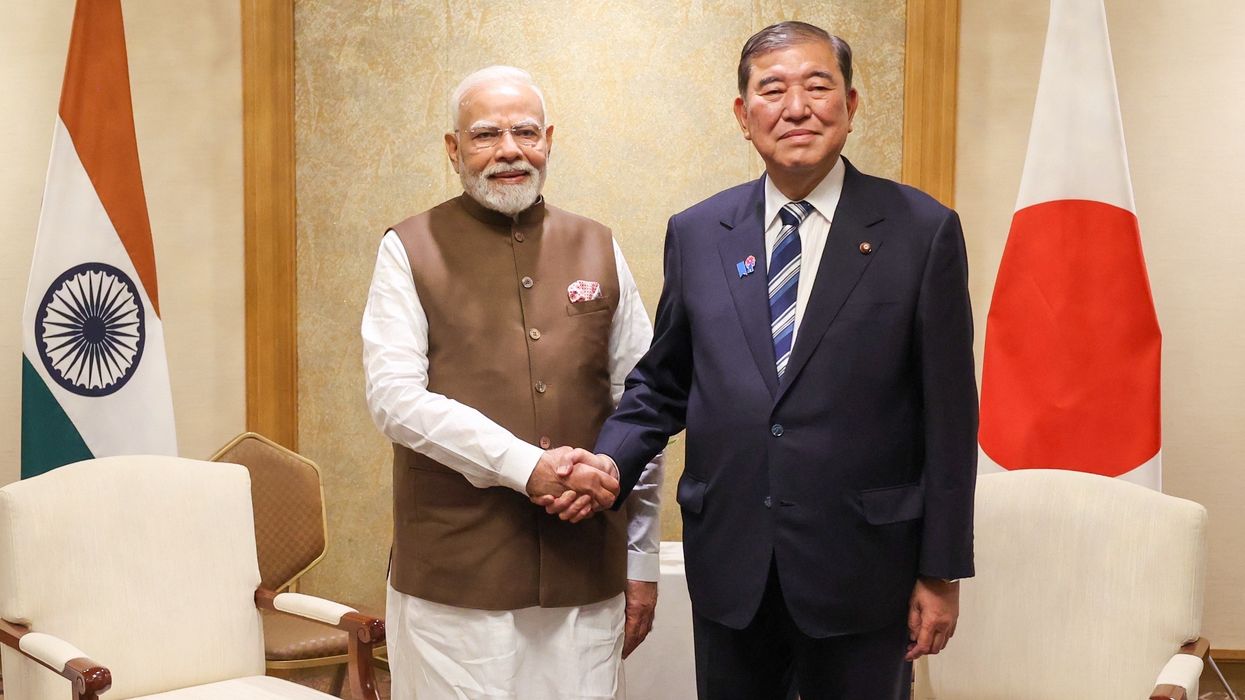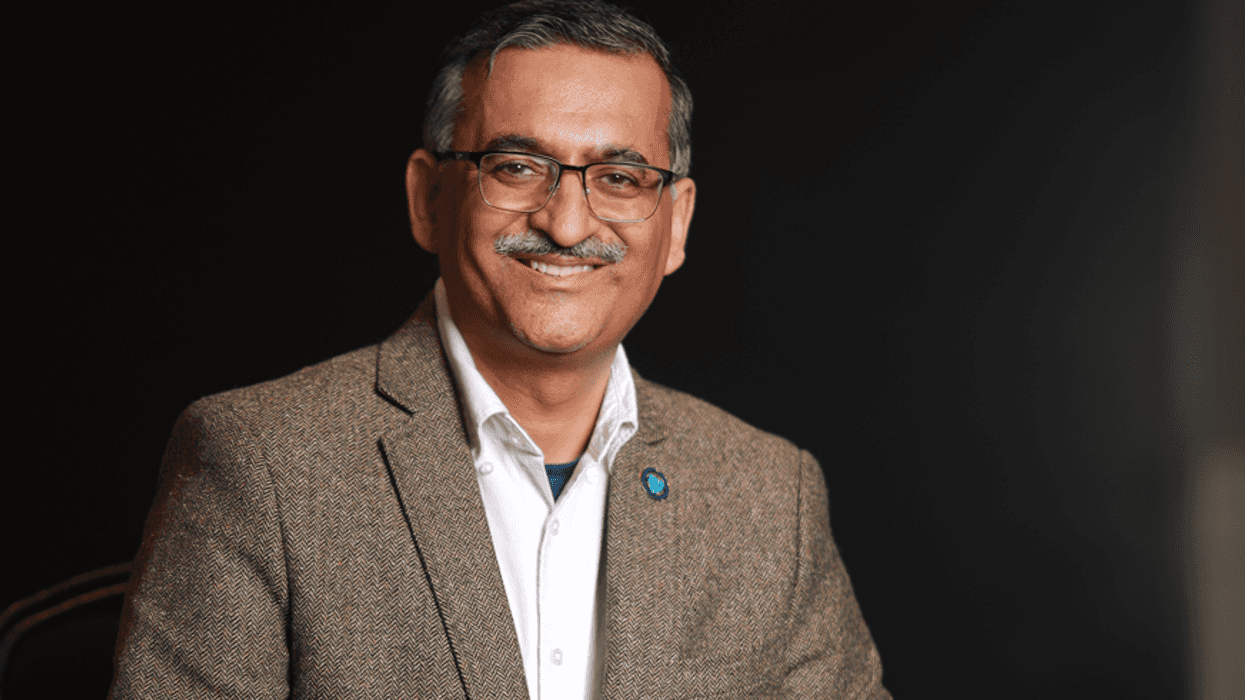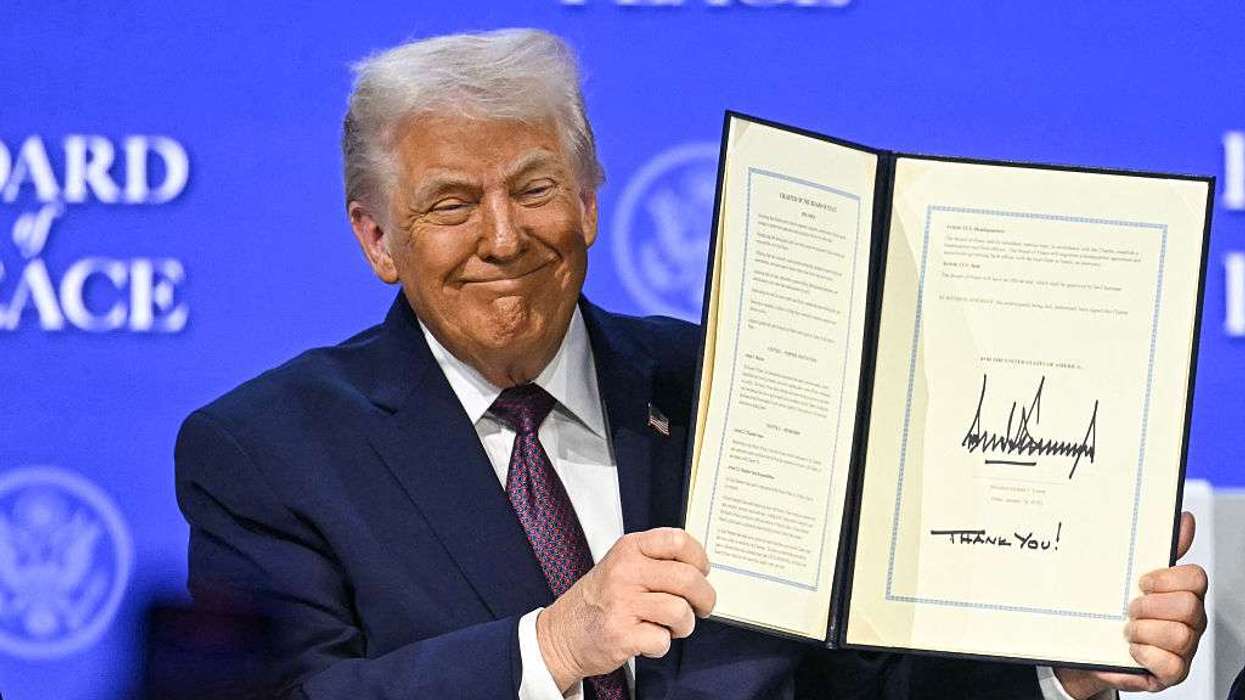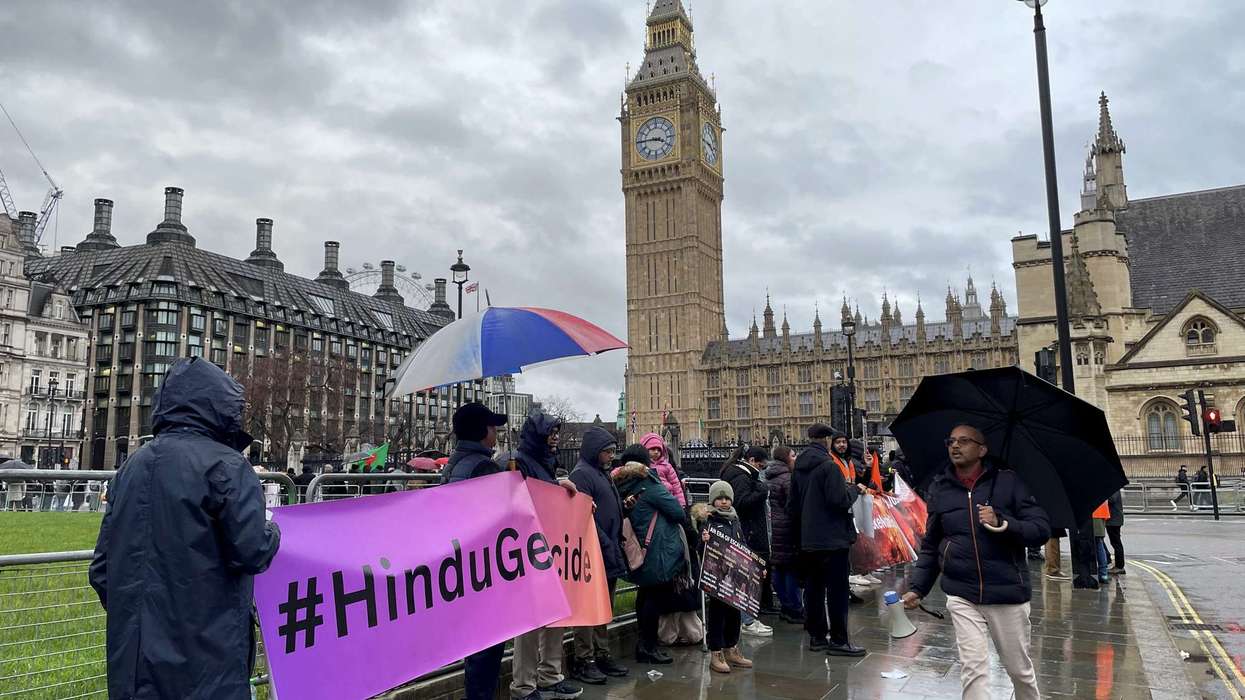Highlights:
- Modi says India and Japan will work together to “shape the Asian Century”
- Japan to announce $68 billion investment in India over 10 years
- Modi to attend SCO summit in China, meet Xi Jinping and Vladimir Putin
- India and Japan to deepen cooperation in trade, technology and security
PRIME MINISTER Narendra Modi on Thursday said India and Japan will work together to “shape the Asian Century,” as he began a two-nation visit that will also take him to China for the Shanghai Cooperation Organisation (SCO) summit.
Speaking at a business forum in Tokyo, Modi said, “India and Japan's partnership is strategic and smart. Powered by economic logic, we have turned shared interests into shared prosperity.”
“India is the springboard for Japanese businesses to the Global South. We will shape the Asian Century for stability, growth, and prosperity,” he added.
Modi is on a two-day visit to Japan from August 29 to 30. Reports said Japan will unveil 10 trillion yen ($68 billion) in investments in India over the next 10 years. Bilateral trade is currently worth more than $20 billion annually, with the balance in Japan’s favour.
Japanese prime minister Shigeru Ishiba said, “Japan and India are strategic partners who share common values such as freedom, democracy, rule of law, having cherished friendship and trust over many years.”
“Our economic relationship is expanding rapidly as Japan's technology and India's talented human resources and its huge market are complementing each other,” Ishiba told the forum.
Trade and investments
Modi and Ishiba were expected to announce that the number of Indians with specialised skills working or studying in Japan will double to 50,000 over the next five years. Investments will target areas such as artificial intelligence, semiconductors and access to critical minerals.
On Saturday, the two leaders are scheduled to tour a semiconductor facility and a shinkansen bullet train factory. Japan is expected to assist India in its planned 7,000-kilometre high-speed rail network by 2047. A joint project to build the first high-speed rail link between Mumbai and Ahmedabad has faced delays and cost overruns.
Both India and Japan have also been hit by tariffs imposed by the United States. A 50 per cent levy on many Indian imports into the US took effect this week. Japan’s auto sector continues to face 25 per cent tariffs as a July trade deal reducing them is yet to come into force.
India and Japan, along with the United States and Australia, are members of the Quad alliance. The two sides are expected to upgrade their 2008 declaration on security cooperation during the visit.
Next stop: China
After Japan, Modi will travel to Tianjin in China on August 31 and September 1 to attend the SCO summit hosted by President Xi Jinping and attended by Russian president Vladimir Putin.
“From Japan, I will travel to China to attend the Shanghai Cooperation Organisation Summit in Tianjin, at the invitation of President Xi Jinping,” Modi said in his departure statement.
“India is an active and constructive member of SCO. During our presidency, we have introduced new ideas and initiated collaboration in the fields of innovation, health and cultural exchanges,” he said.
“I also look forward to meeting President Xi Jinping, President Putin and other leaders on the sidelines of the summit,” he added.
Focus on regional peace
The prime minister said he was confident that his visits to Japan and China would advance India’s national priorities.
“I am confident that my visits to Japan and China would further our national interests and priorities, and contribute to building fruitful cooperation in advancing regional and global peace, security, and sustainable development,” Modi said.
This will be Modi’s first visit to China since 2018. India and China, the two most populous nations, remain rivals competing for influence in South Asia and fought a deadly border clash in 2020. A thaw began in October last year when Modi and Xi met in Russia for the first time in five years.
(With inputs from agencies)





